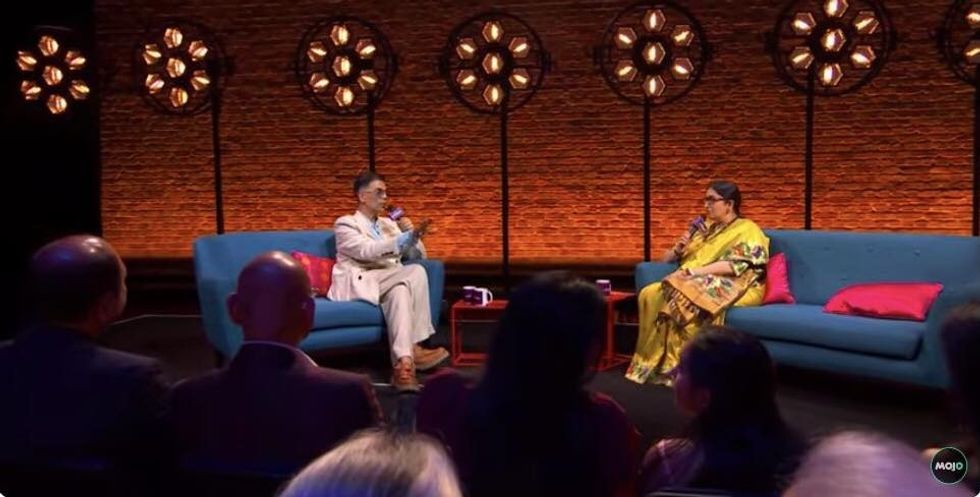SHAYARA BANO heaved a sigh of relief last Wednesday (7) at the enactment of a law banning polygamy in her Indian state, the culmination of a years-long effort, including her own case before the nation’s Supreme Court.
“I can now say that my battle against age-old Islamic rules on marriage and divorce has been won,” said Bano, a Muslim woman whose husband chose to have two wives and divorced her by uttering “talaq” three times.
“Islam’s allowance for men to have two or more wives at the same time had to end,” she said.
But Sadaf Jafar did not cheer the new law, which abolishes practices such as polygamy and instant divorce, even though she has been waging her own court fight against her husband for marrying another woman without her consent.
“Polygamy is permissible in Islam under strict rules and regulations, but it is misused,” said Jafar, who is seeking alimony to support their two children. She says she did not consult Islamic scholars as she hoped Indian courts would provide justice.
The adoption of the Uniform Civil Code in the state of Uttarakhand has opened a chasm between women in India’s largest religious minority, even among some whose lives were turned upside-down when their husbands entered multiple marriages.
Some, like activist Bano, 49, celebrated the new provisions as the overdue assertion of secular law over parallel sharia rulings on marriage, divorce, inheritance, adoption and succession.
For others, like Jafar, Muslim politicians and Islamic scholars, it is an unwelcome move by prime minister Narendra Modi’s Bharatiya Janata Party (BJP).
Adoption of the code in Uttarakhand is expected to pave the way for other states where the BJP is in power to follow suit, over angry opposition from some leaders of the 200 million Muslims who make India the world’s third-biggest Muslim country.
BJP leaders said the new code is a major reform, rooted in India’s 1950 constitution, that aims to modernise the country’s Muslim personal laws and guarantee complete equality for women.
A 2013 survey found 91.7 per cent of Muslim women nationwide saying a Muslim man should not be allowed to have another wife while married to the first.
Sharia permits Muslim men to have up to four wives and it has no stringent rules to prohibit the marriage of minors.
Jafar, who has run for office with the main opposition Congress party, called the passage of the code a tactic of Modi’s government to showcase Islam in a bad light and divert attention from pressing issues like improving the livelihood of Muslims.
The Supreme Court in 2017 found Islamic instant divorce unconstitutional, but the order did not ban polygamy or some other practices that critics say violate equal rights for women.
In addition to the polygamy ban, the new code sets a minimum marriageable age for both genders and guarantees equal shares in ancestral property to adopted children, those born out of wedlock and those conceived through surrogate births.
While BJP leaders and women’s rights activists said the code aims to end regressive practices, some Muslim politicians said it violates the fundamental right to practice religion.
The All India Muslim Personal Law Board called the code impractical and a direct threat to a multi-religious Indian society.
“Banning polygamy makes little sense because data shows very few Muslim men have more than one wife in India,” said board official SQR Ilyas, adding that the government has no right to question sharia law.
Jafar, who lives with her two children in the northern state of Uttar Pradesh, said, “Islam has enough provisions to provide a life of dignity. We don’t need (the code) but what we need is swift justice for women.” (Reuters)
















 Karan Johar and Smriti Irani
Karan Johar and Smriti Irani
